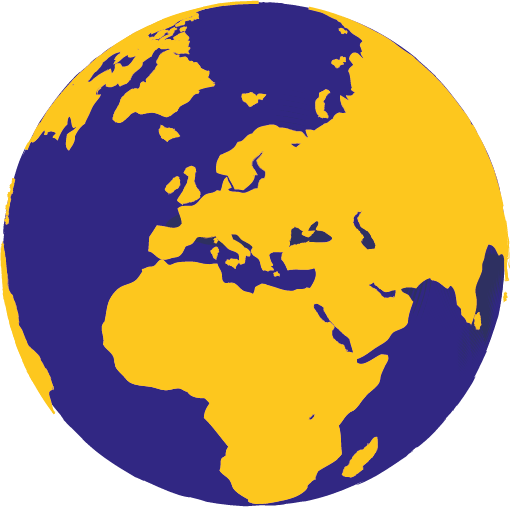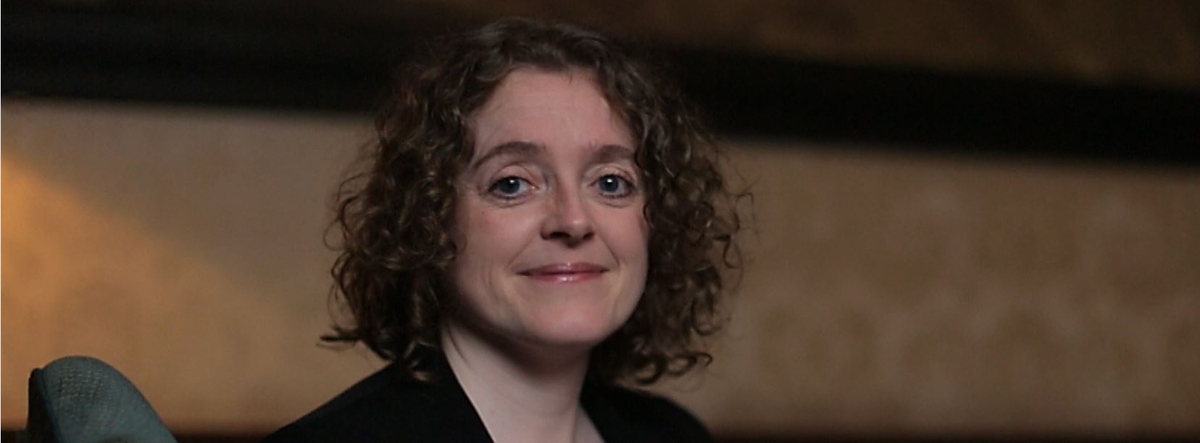Decades of work by Lumos CEO Georgette Mulheir to help some of the world’s most vulnerable children have been recognised by her inclusion on an international list of the ‘30 Most Influential Social Workers Alive Today’. She is the only European to make the list.
The prestigious US academic website - www.socialworkdegreeguide.com - described Georgette as a ‘pioneer for the movement to end child abuse imposed by orphanages’, who has ‘dedicated the last twenty years working to shift resources away from orphanages and toward family services.’
The list recognises that Georgette’s focus – as chief executive officer of J.K. Rowling’s international children’s charity, Lumos - has been working in Central and Eastern European countries in recent years. However, it adds: “Her reach is international.
“Mulheir has dedicated the last twenty years working to shift resources away from orphanages and toward family services, such as foster care and support,” the list notes.
Georgette – at No 22 - said she was honoured to be on a list which included the writer, Alice Walker, who wrote The Colour Purple and inspired her as a teenager.
Her determination to challenge a decades-old belief that ‘orphanages are good or necessary for children in adversity’ can be a difficult message, especially for staff who work, often voluntarily, in orphanages, as well as the millions of concerned citizens who donate to charities supporting them. However, for Georgette it is a vital message:
“There is a better way,” she explains. “There are an estimated eight million children living worldwide in institutions and so-called orphanages. The vast majority of them have living parents. They’ve been separated from their families because of poverty, or because they are disabled, or because they are from a marginalised minority.
“We know from decades of research that institutional life harms the physical and psychological health and development of children, and severely reduces their chances of prospering in life. Children have a right to a family life. If countries spent the money wasted on institutions and so-called orphanages on health, social and education services in the community, those eight million children could return to where they belong – the family.”
The list can be found here: http://www.socialworkdegreeguide.com/30-most-influential-social-workers-alive-today/
In 2004, J.K. Rowling was troubled to read a newspaper article about disabled children caged in beds in eastern European institutions. She started a charity that changed its name to Lumos – after the light spell in Harry Potter – in 2010. Georgette became CEO in 2011, having spent four years as Operations Director.
Georgette, who was born in Oldham, Great Manchester, and is of proud Irish heritage, started working in social services in Sheffield in 1991, in a mother and baby unit. She then went to Romania, the scene of some of the worst excesses in orphanages, to help set up a mother and baby unit. It had become very clear, she recalled, that although working in social services in the UK could be hugely rewarding, there was a great need elsewhere and ‘you could achieve so much more in a shorter space of time. A theme of my work has always been looking after children, keeping them in their families and preventing abuse and neglect.”
Georgette has worked in 23 countries across Europe and Africa and pioneered a model of ‘deinstitutionalisation’ (DI) – returning vulnerable children to families with support from a range of community-based support services - now followed by many governments, as well as spending a time working in a university. She has advised officials at the European Commission on the reform of services for children and families, and written books on children’s rights, as well as one about the increase in family violence in post-conflict situations. She is fluent in Romanian and speaks conversational French, Croatian and Arabic.
Georgette was a driving force in a coalition of groups which persuaded the European Union that funds given to Member States should be used for community services, not to build or renovate institutions. Lumos is now pushing to ensure that the principle established for Member States is applied wherever in the world Euros are given in aid (the EU has the world’s largest humanitarian aid budget.)
Under her leadership, Lumos is now a key member of the Global Alliance for Children, an international grouping of governmental agencies, including the World Bank and US Government departments, private European and US foundations and NGOs, which is dedicated, among other things, to ending institutionalisation.



